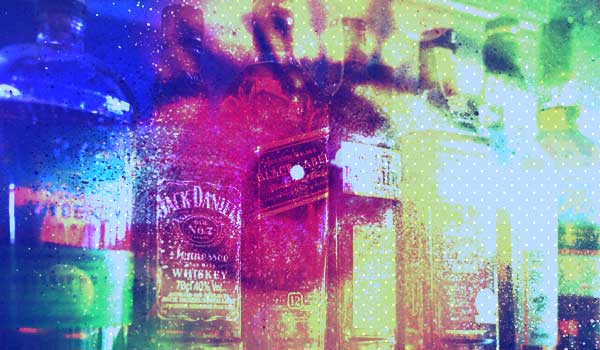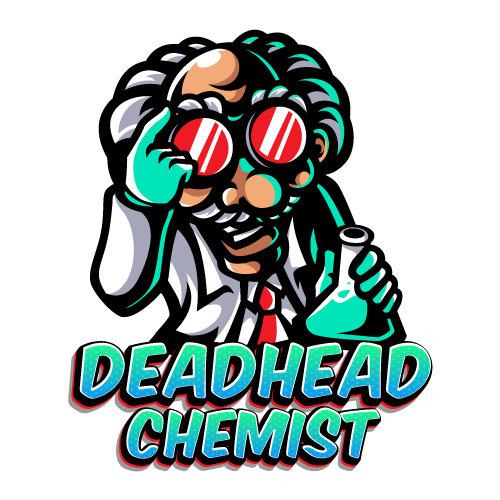
Introduction
There exists substantial clinical evidence for the use of traditional hallucinogens, particularly LSD, in treating alcohol use disorder. Initially, due to its shared chemistry with serotonin, LSD was thought to induce psychosis. Later studies suggested that it could aid in addiction treatment. However, due to concerns about widespread, uncontrolled use and potential adverse effects, LSD is now classified as an illegal substance with no established medical value.
What is LSD?
LSD, or lysergic acid diethylamide, is a powerful hallucinogenic substance with potent psychedelic effects. It can significantly alter an individual’s perception of reality and intensively distort their senses. Originally, the source of LSD was ergot, a fungus that grows on rye and other grains.
What to expect after taking LSD?
- Halos of light, impaired vision, distorted shapes and colours of objects and faces are only a few examples of the visual consequences.
- Shaking, pressure, and dizziness are changes correlated with touch.
- Changes in mood can result in feelings of euphoria, ecstasy, calm, dreaminess, and increased awareness, as well as despair, anxiety, and confusion.
- There could be abrupt mood changes.
- Impact on thinking can result in faster ideas, uncommon insight or horrifying thoughts, and a sense of transcendence.
- It can also cause a distorted view of time that can be either fast or slow.
Alcohol Use Disorder (AUD)
Between 2006 and 2010, alcohol-related disorders caused about 88,000 deaths each year, accounting for one in ten deaths among working-age individuals in the US. Alcohol is known to affect people more universally compared to other drugs. Globally, alcohol is responsible for the highest burden of disease, causing 4% of total mortality and 5% of disability-adjusted life years.
According to several clinical researchers, combining individual doses of lysergic acid diethylamide (LSD) with psychosocial interventions may assist in preventing relapse of alcohol addiction by providing insights into behavioural patterns and motivating individuals to pursue a sober lifestyle. However, a literature review has revealed that further investigation is needed to determine the potential of LSD as a treatment for addiction.
How Does Alcohol Work?
Although some people may perceive drinking as stimulating, alcohol is a depressant. Ethyl alcohol, the active ingredient in any alcoholic beverage, is rapidly absorbed by the stomach and intestines and quickly distributed throughout the body, where it acts to depress the central nervous system (CNS). Alcohol affects several neurotransmitter systems, but its effects on the brain’s Gamma Aminobutyric Acid (GABA) receptors are particularly noteworthy. By increasing GABA firing, alcohol decreases other brain activity since GABA is the brain’s primary inhibitory neurotransmitter. This is why alcohol is classified as a depressant.
Drinking more alcohol causes a slowdown, depression, or, more precisely, a suppression of the:
- Nervous system, the (CNS)
- Motor coordination impairment
- Shorter reaction times
- Reduced memory
- Faulty judgement
- Functional impairment of the eye’s and ears.
Conclusion
In conclusion, Deadhead Chemist is glad to have you, and we welcome you to Canada’s best shrooms online dispensary for psychedelic lovers. To buy shrooms in Canada, use our promocode, WELCOME25, and enjoy a 25% discount on every magic mushroom you buy from us. DMT at our company is created with premium quality that will offer you an unmatched psychedelic experience. Buy shrooms online at our dispensary and you will never regret what you did. To buy shrooms in Canada, deadhead magic mushroom is your number one-stop shop for thrilling magic mushrooms.

